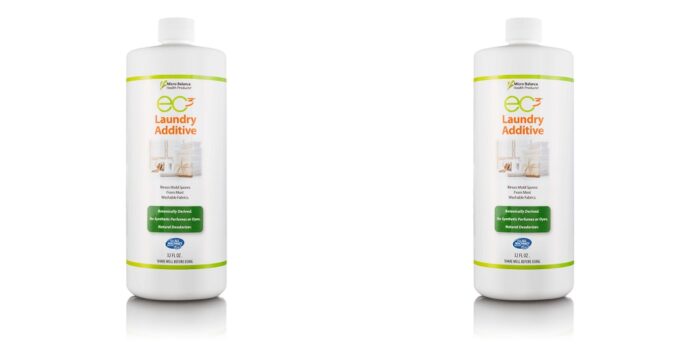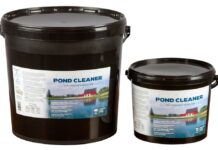Ever noticed a musty, sour odor wafting from your washer even after running a “clean” load? You’re not alone. Washing machines, despite being designed to clean, can become one of the smelliest appliances in the home.
That lingering odor is often a mix of mildew, mold, and bacteria — and it can even rub off on your freshly laundered clothes. But why does this happen, and could using a good laundry additive, such as EC3 Laundry Additive, be a good solution? .
Why Your Washing Machine Smells Musty
Let’s be honest: washing machines go through a lot. With constant use, they take on everything from sweaty gym clothes to dirty towels — and all of that grime doesn’t magically disappear. Over time, it can build up inside your washer. Here are the major culprits:
Hard Water Buildup
If you live in an area with hard water, your machine is more likely to develop lime scale. This mineral deposit doesn’t just mess with your pipes — it creates a crusty layer that traps soap residue, dirt, and debris inside your washer.
This gunky mess becomes the perfect breeding ground for odor-producing bacteria. Worse yet, the soap doesn’t rinse out effectively in hard water, so your machine gets even dirtier after every wash.
Bacteria and Mold Growth
Dark, damp environments are heaven for bacteria and mold. Front-load washers, in particular, have rubber gaskets and crevices where water lingers. Add in soap scum, fabric softener residue, and dirt from clothes, and you’ve got a situation ideal for mold.
Damp Laundry Left Sitting
We’ve all done it — tossed a load in and then got distracted. Hours (or days) later, we come back to a stinky, sour pile of laundry. Leaving wet clothes in the washer is one of the fastest ways to invite mildew into your machine. And once the smell sets into the washer drum, it doesn’t just go away with your next cycle.
Residual Moisture and Poor Ventilation
When the wash is done, moisture is left behind. If you close your washer door right away, that leftover moisture gets trapped, and air can’t circulate. That dark, warm, damp interior becomes mold’s dream home.
Manufacturers often recommend leaving the door slightly open — but let’s face it, most of us forget or simply don’t want to deal with it.
How a Laundry Additive Can Fix the Smell (And Keep It Away)
Now you know why your washer smells like a wet dog in a basement, let’s talk about how to fix it, with a laundry additive. One of these, the EC3 Laundry Additive, is a product designed to go beyond regular detergent.
While detergents focus on cleaning clothes, additives are often formulated to clean the washer itself or remove specific issues like odors, residue, or bacteria. Some additives are natural, others are chemical-based, and many are designed specifically to tackle mildew smells in machines.
Breaks Down Buildup
A quality laundry additive can break down the gunk and grime stuck in your washer’s drum, hoses, and detergent compartments. The all-natural ingredients eat away at mold spores, bacteria colonies, and lime scale, leaving behind a fresh-smelling washer.
Disinfects and Deodorizes
Many laundry additives are packed with antimicrobial agents that sanitize your machine. This means you’re not just masking the smell — you’re actually killing the source of the odor. Some products even include deodorizing agents that linger for a few days, giving your washer a just-cleaned scent between washes.
Easy to Use
Using a laundry additive is incredibly easy. Most products can be added directly into the drum or detergent tray during a cleaning cycle. Some are even formulated to work alongside your regular laundry loads, so you can clean your clothes and machine at the same time. No scrubbing. No disassembly. Just toss it in and let it do the work.
Prevent Odors in Your Washing Machine
Here’s the best part: with regular use, EC3 Laundry Additive will eliminate current odors and also prevent new ones from forming. They dissolve buildup before it becomes a problem and leave surfaces less likely to harbor moisture and bacteria. Making it part of your regular upkeep means fewer issues down the road.




